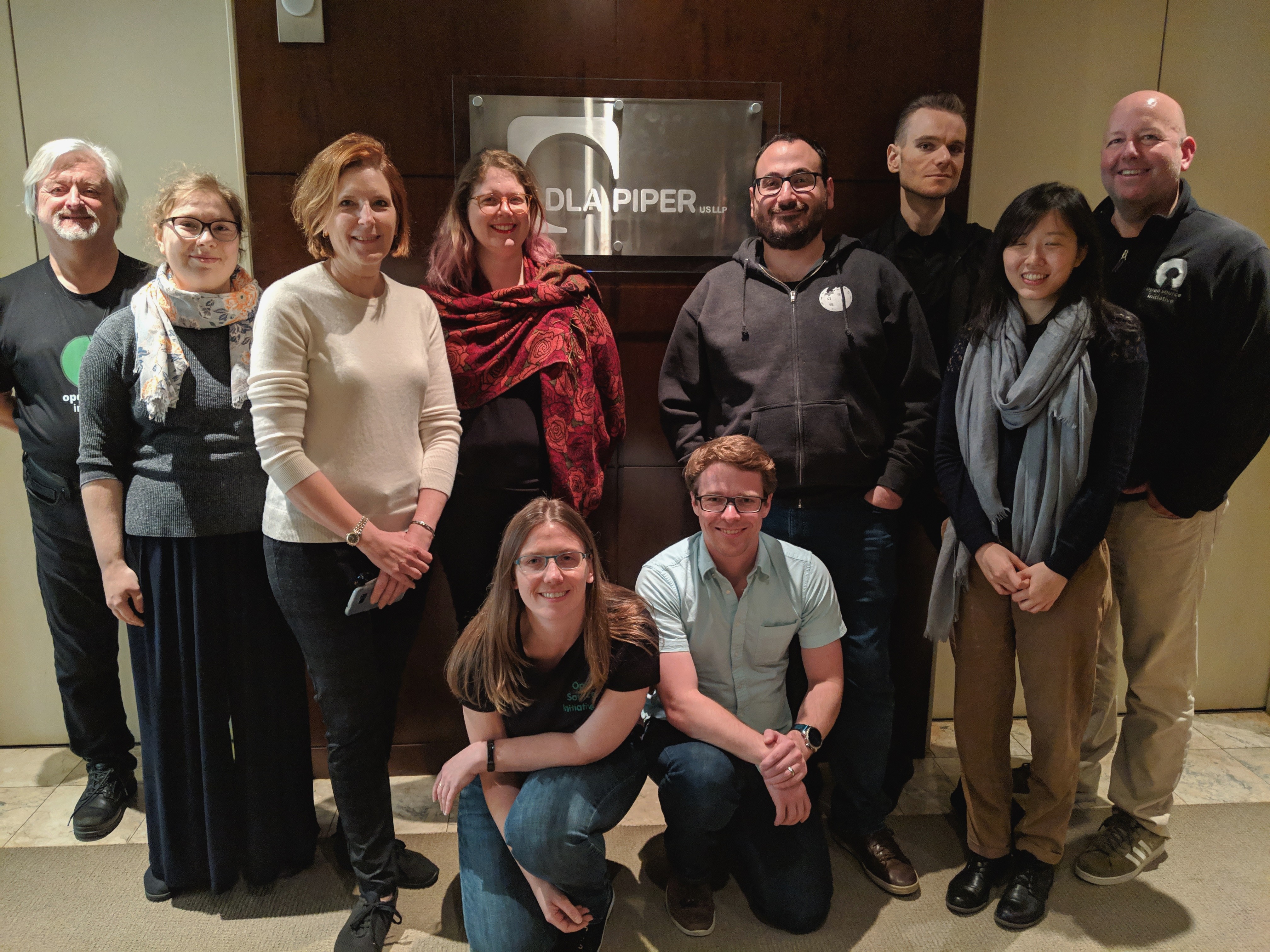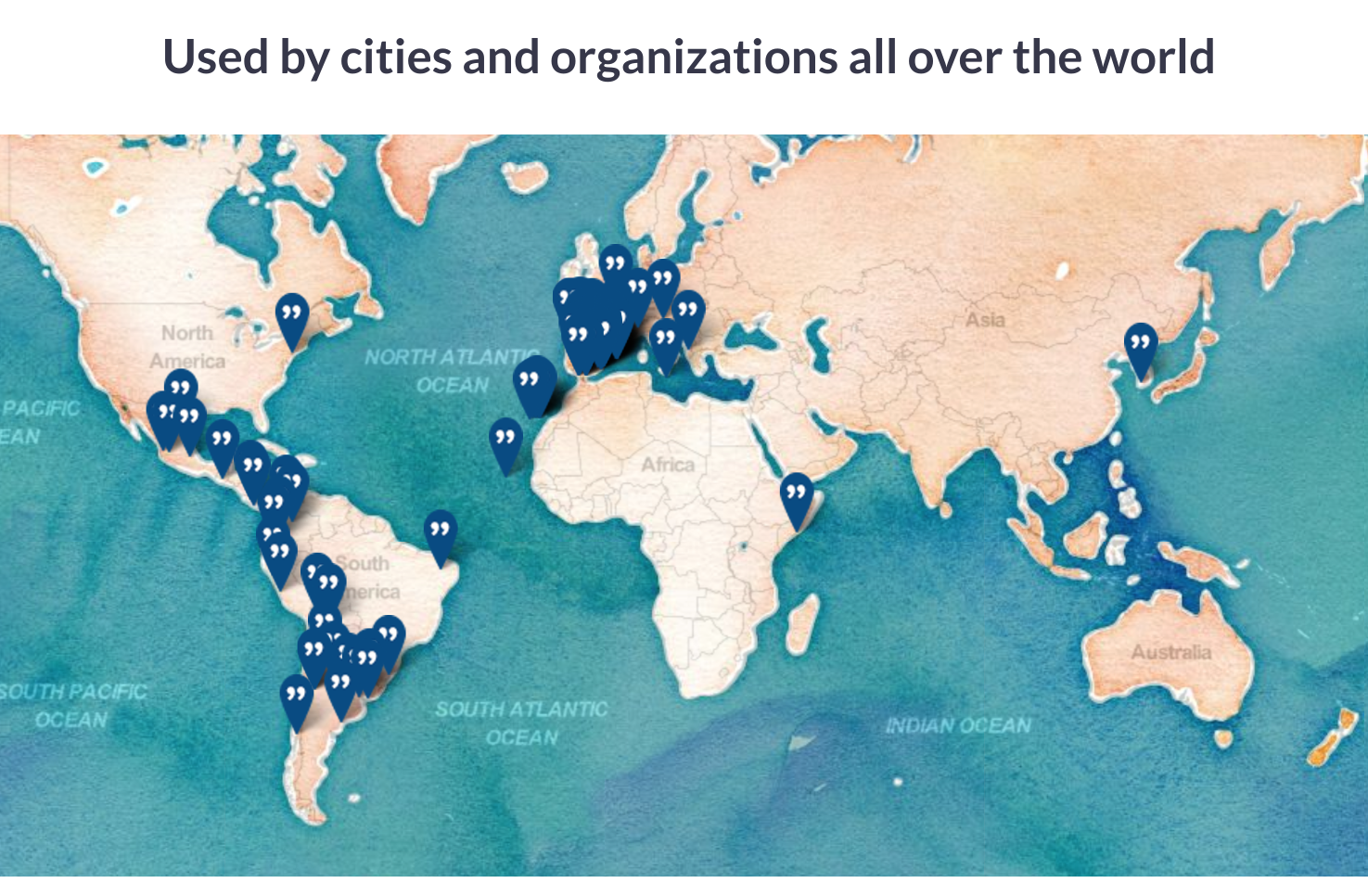
We are pleased to be supporting the AlmaLinux OS Foundation as it starts its work as steward of the community around the new AlmaLinux distribution. Meshed’s founder Simon Phipps is joining the newly-incorporated non-profit as a director. In this role he will be building on his experience with many other open source Foundations to ensure that the governance is fair, stable, independent and transparent while also serving the needs of the AlmaLinux user community.
With the unexpected switch of CentOS to become an experimental upstream of RHEL, it was inevitable that candidates would emerge to replace it in its role of an unaffiliated downstream binary-compatible distribution of RHEL. The existence of a reliable downstream distribution is good for everyone, offering a low-friction on-ramp for newcomers and a long-term home for those capable of self-support. It builds the market so that commercial players also benefit from the ever-growing user base in a classic adoption-led model.
So it’s good that the need is being met by a distro anchored in an independent Foundation. AlmaLinux aims to leverage the existing build processes of a contributor company, CloudLinux, to produce a reliable, stable, binary-compatible distribution within the context of a community-administered non-profit Foundation. This US 501(c)(6) will hold all the trademarks, keys and other assets of AlmaLinux on behalf of the community. We’re pleased to be able to help make the initiative succeed. Congratulations on the first release!



